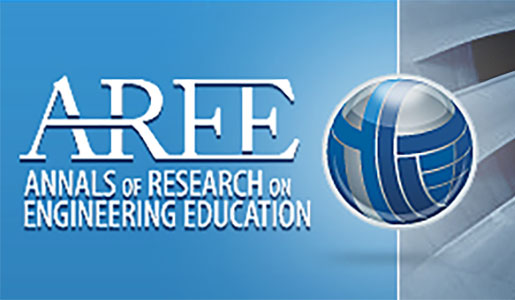Article: Expert and Student Conceptions of the Design Process: Developmental Differences with Implications for Educators
Sponsored by the Vanderbilt-Northwestern-University of Texas-Harvard/MIT Engineering Research Center (VaNTH ERC), the overarching goal of our work is to articulate a model of design cognition, which can then be used to inform educational practice (e.g., determine areas of strength and weakness in student understanding). In this study we wanted to establish a method for identifying what experts regarded as key design concepts and how they organized those concepts. In turn, we wanted to use findings for experts as benchmarks for assessing the level of expertise attained by undergraduates during a year-long senior design course.
In this set of studies we posed two questions: (1) What are key concepts in the engineering design process? (2) Are there developmental differences in people’s conceptions of this process? This work is important because if educators want students to think like experts then we need to know how experts think. The method we used to investigate these questions was concept mapping. Concept maps are useful for capturing the contents and organization of someone’s knowledge because they are spatial representations of ideas and their relationships. Research in several fields including medicine and teacher education have shown that as students gain knowledge, their concept maps tend to become more densely networked, accurate (i.e., contain more precise vocabulary), and coherently organized.
We collected data in two studies. First, we examined the responses of experts; then we evaluated student responses at the beginning and end of the yearlong course. In analyzing the data we looked at four things: the number of ideas; the density of networks; the validity of the propositions; and the kinds of ideas represented.
Our findings suggested that experts viewed design as an activity requiring varied skills and knowledge and awareness of contextual factors such as ethics, marketing. This is an important finding because it suggests that experts not only have extensive domain knowledge, they also understand when and how to use what they know. Over the year-long course students gained in knowledge of the design process; however, their knowledge did not appear to become more integrated. Students initially differed from experts in four content areas: the design process, motivation for the design, marketing and societal concerns. At the end of the course, students differed from experts in only two: marketing and societal concerns.
Unpacking what underlies the differences between students’ initial and final maps is essential to articulating the trajectory of students’ transformation from novice to expert, an underdeveloped area in research on expertise. For us, the biggest challenge facing research in engineering education is identifying the nature of cognitive change. We envision ways for using concept maps as a formative assessment in engineering design courses. For instance, educators could simply ask students to construct concept maps at the beginning and end of a course and write a reflective essay. Or educators could ask students to map a process and then form in-class groups to discuss one another’s representations.
Author 1: Joan M. T. Walker [email protected]
Author 2: David S. Cordray [email protected]
Author 3: Paul H. King [email protected]
Author 4: Richard C. Fries [email protected]

